A hereditary dictatorship looms on Cambodia’s horizon
Cambodia held elections last month, but the outcome was never in doubt. Prime minister Hun Sen and his Cambodian People’s Party (CPP) won with ease, in what was widely considered a rigged contest. The only credible opposition party was dissolved last year on dubious charges.
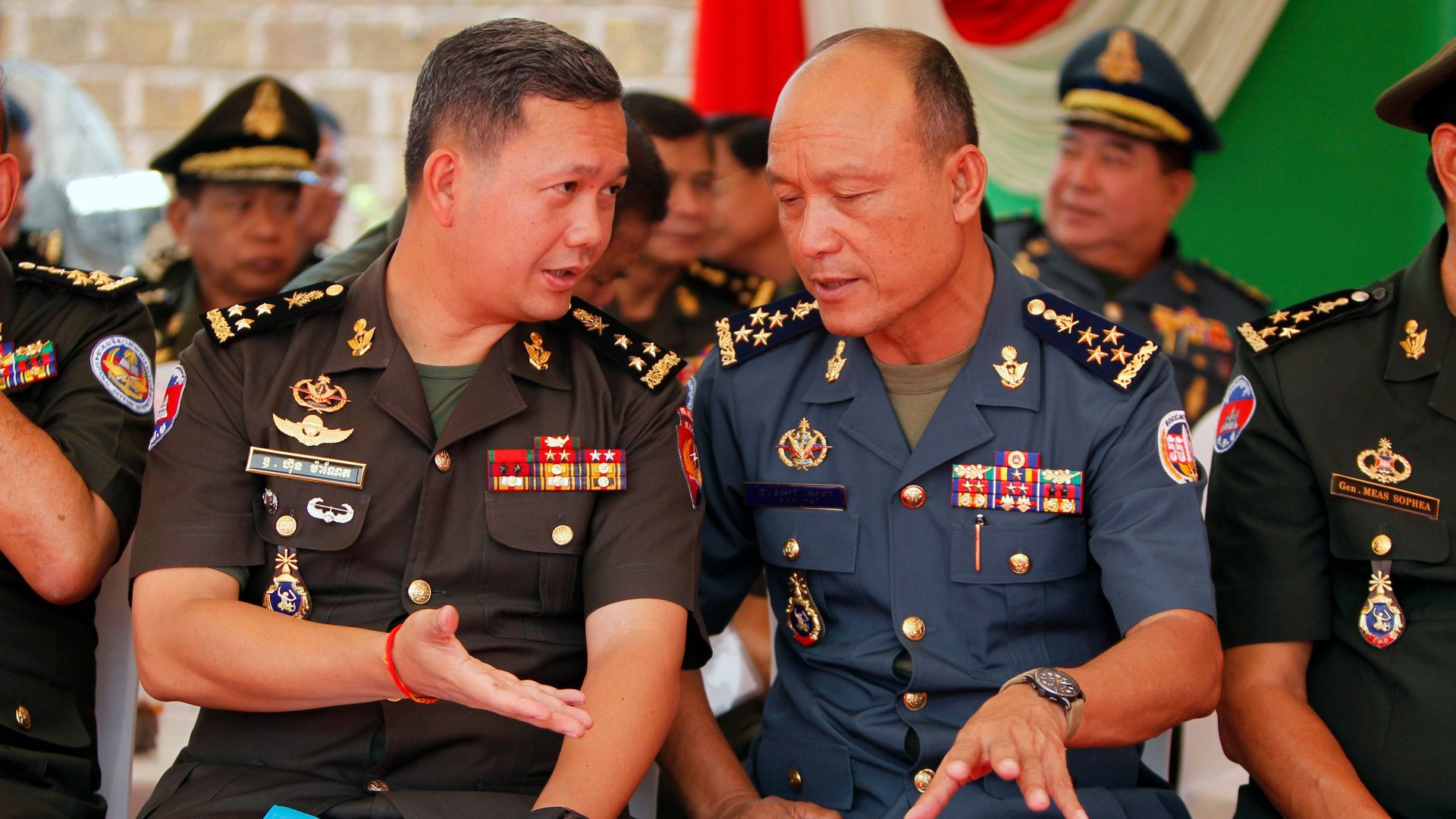

Cambodia held elections last month, but the outcome was never in doubt. Prime minister Hun Sen and his Cambodian People’s Party (CPP) won with ease, in what was widely considered a rigged contest. The only credible opposition party was dissolved last year on dubious charges.
Though there are smaller remaining parties, none pose a threat to the CPP. Cambodia is essentially a one-party state. Meanwhile Hun Sen has been grooming his sons for leadership for years, and a hereditary dictatorship looms on the nation’s horizon.
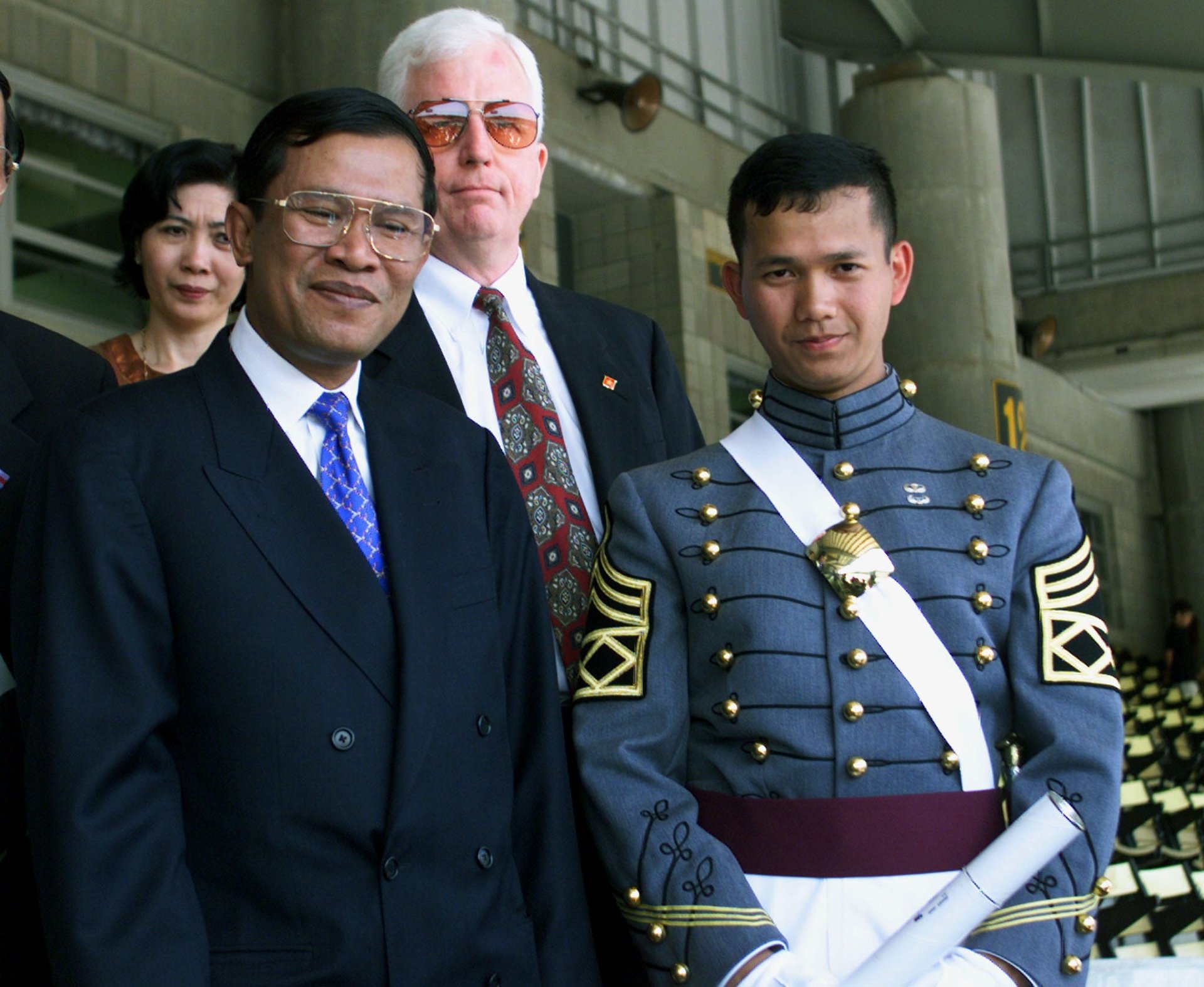
At age 66, Hun Sen is now the world’s longest-serving prime minister, having held the position for 33 years. Last November he vowed to stay in power for 10 more years, for the sake of “stability.” But sooner or later his power will be transferred to someone else.
“When the time has come, a power transfer within the family looks like a strong possibility,” said Astrid Norén-Nilsson, who teaches Southeast Asian affairs at Lund University in Sweden.
The eldest son, heir apparent Hun Manet, holds several key military posts, having enjoyed rapid promotions over the years. He’s now a lieutenant general and the deputy commander of the Royal Cambodian Armed Forces, as well as chief of joint staff, and head of the prime minister’s bodyguard unit. He graduated from the United States Military Academy at West Point in 1999.
The second eldest, Hun Manith, became the head of a new intelligence unit a year ago.
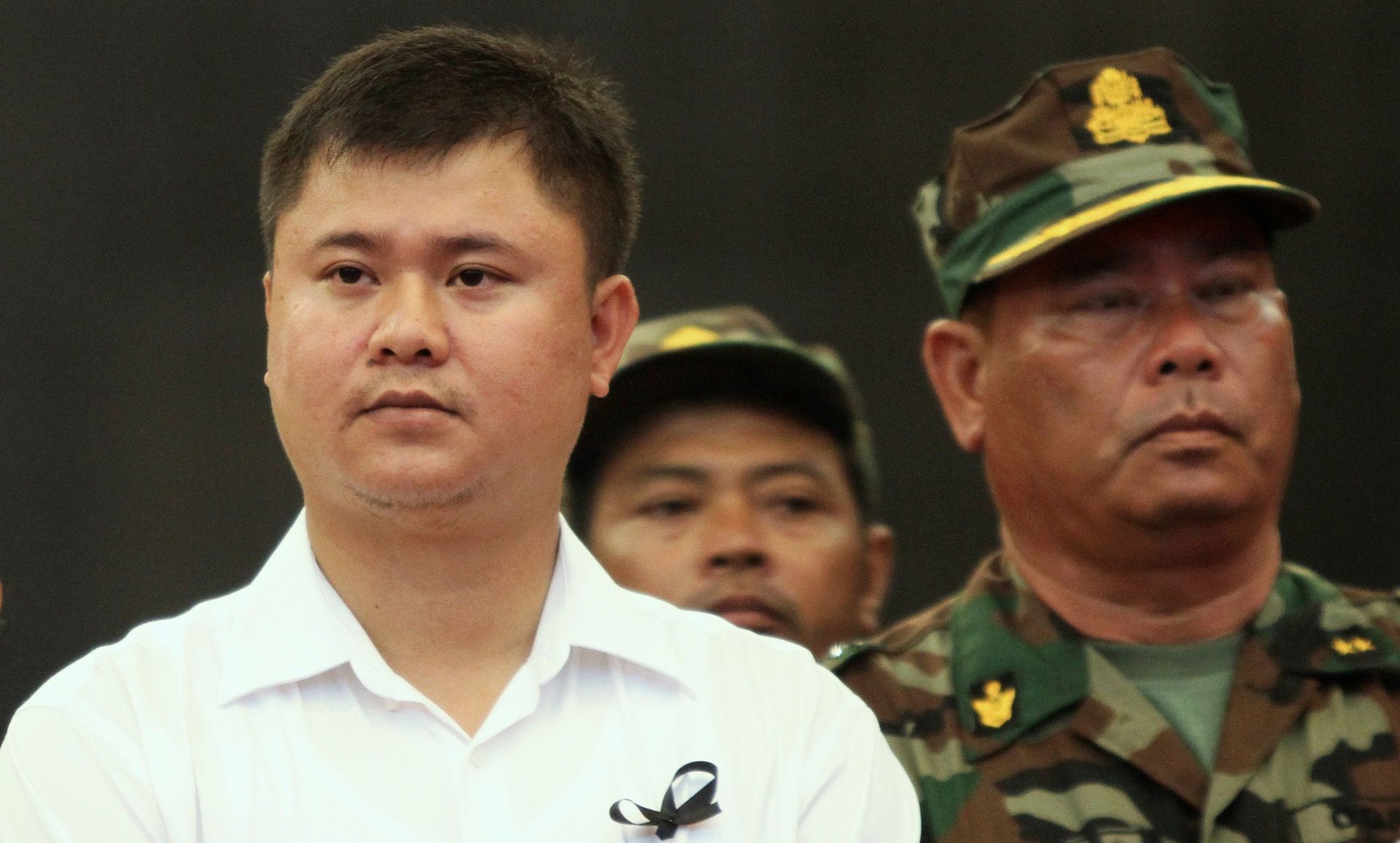
The youngest son, Hun Many, is a parliamentarian and head of a CPP youth movement.
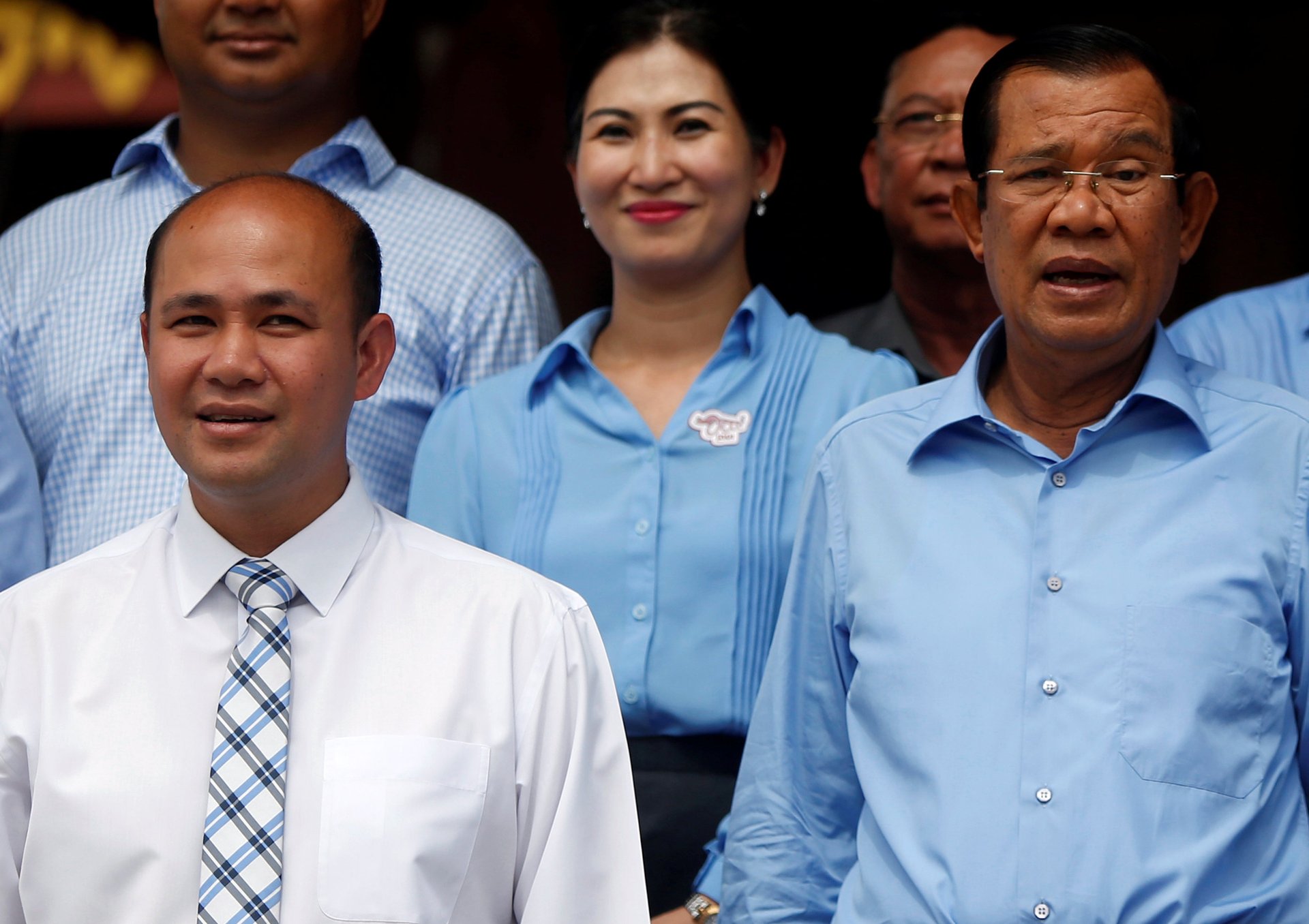
Hun Sen received a scare in Cambodia’s 2013 general elections, when the Cambodia National Rescue Party (CNRP) made an alarmingly strong showing. After it did so again in last summer’s local elections, the party was dissolved on charges it tried to overthrow the government with help from the United States.
In recent years Hun Sen has moved heavily into China’s orbit, receiving its financial support while bending rules for Chinese businesses—including through controversial land concessions—and backing Beijing (paywall) on issues such as the South China Sea on the world stage.
Many now see Cambodia as a client state of China, and Beijing, of course, has no problem with autocratic rule. “It is beneficial to China when its clients are weak, undemocratic, and where rule of law is not implacable,” noted CNRP deputy president Mu Sochua, who lives in exile for fear of arrest.
Hun Sen has “made a Faustian pact to keep his family and his party in control of domestic politics in Cambodia forever,” said Ear Sophal, who’s authored books on Cambodia and China and teaches world affairs at Occidental College in Los Angeles. “His biggest fear is that he and his people—increasingly his own family—will lose power, and it will mean very harsh consequences for all of them.”
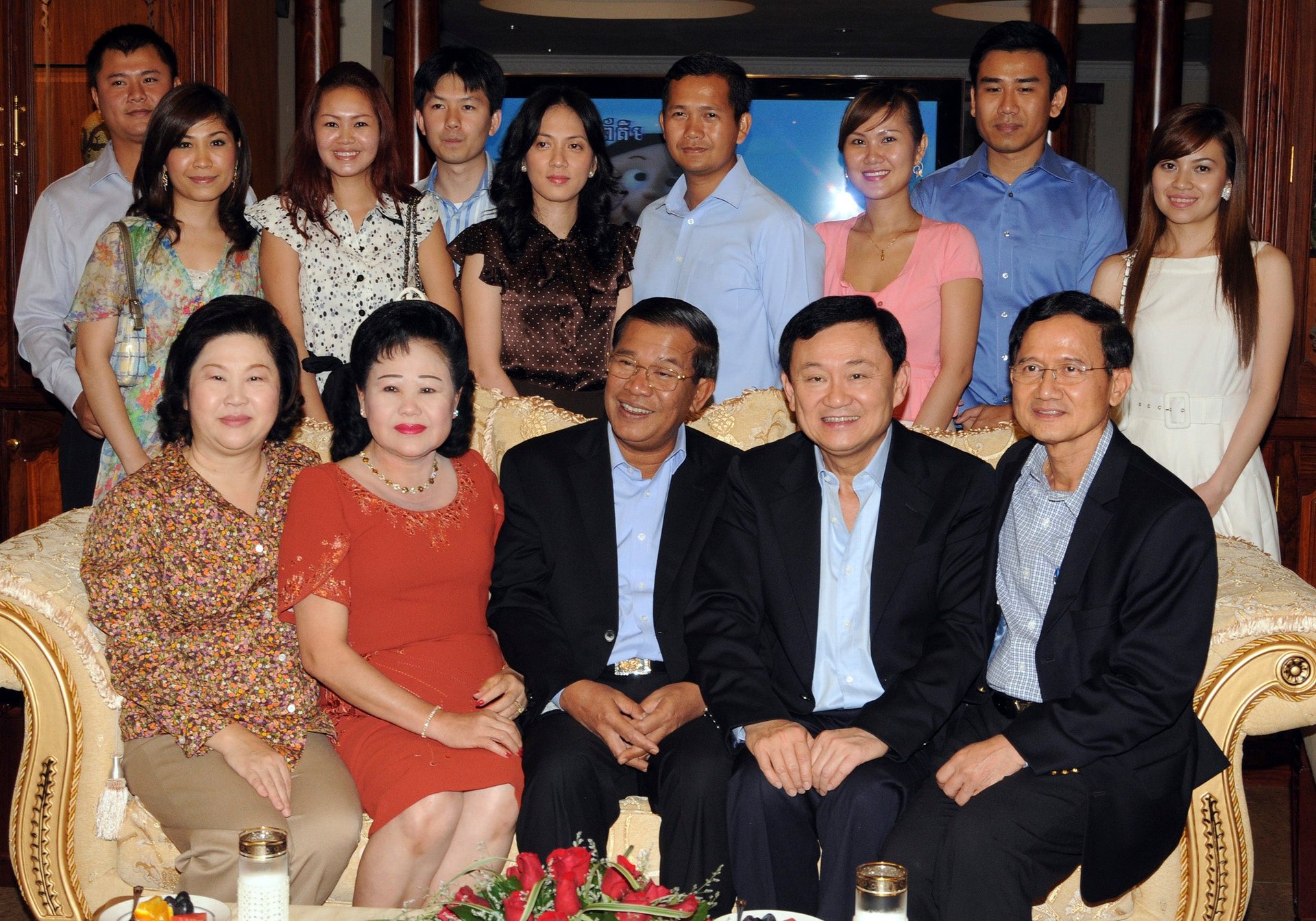
Meanwhile the Cambodian parliament is increasingly filled with former military and police officers loyal to Hun Sen. The CPP, facing no real competition in the election, nominated dozens as candidates earlier this year. The increasing militarization of the legislature could lead to amendments whereby the army will be guaranteed a number of seats without having to be elected, political analyst Meas Nee noted to local media in May. It would also smooth the way for Hun Manet, holding ever more power in the military, to rise to the top.